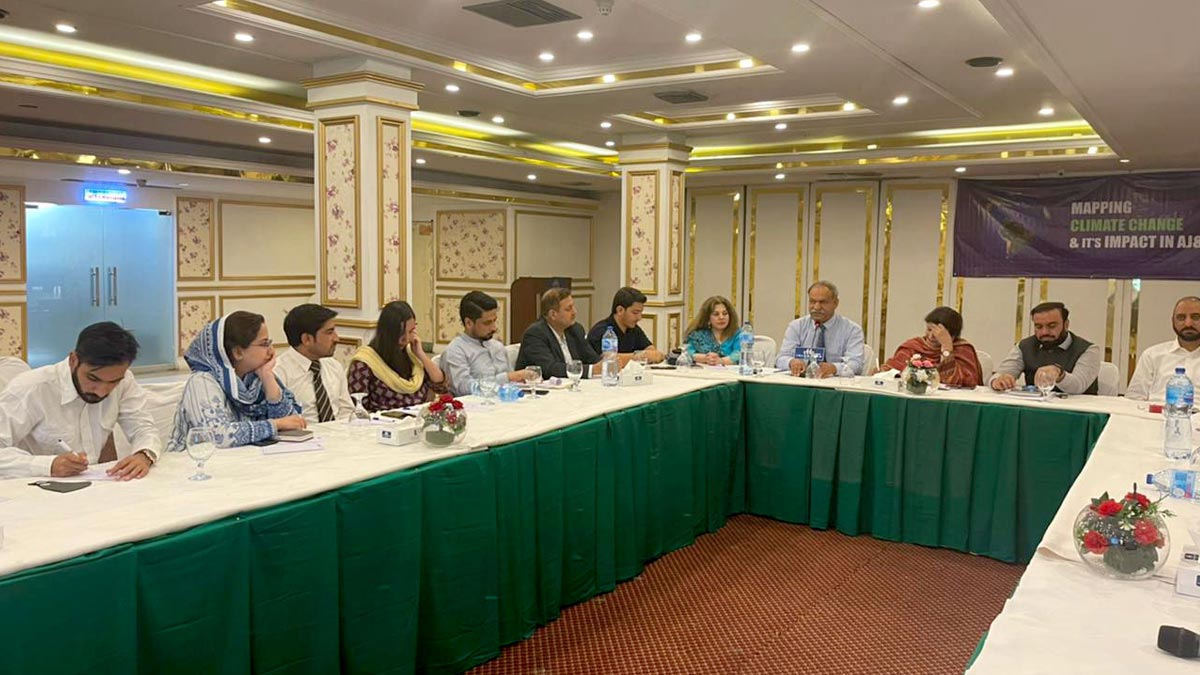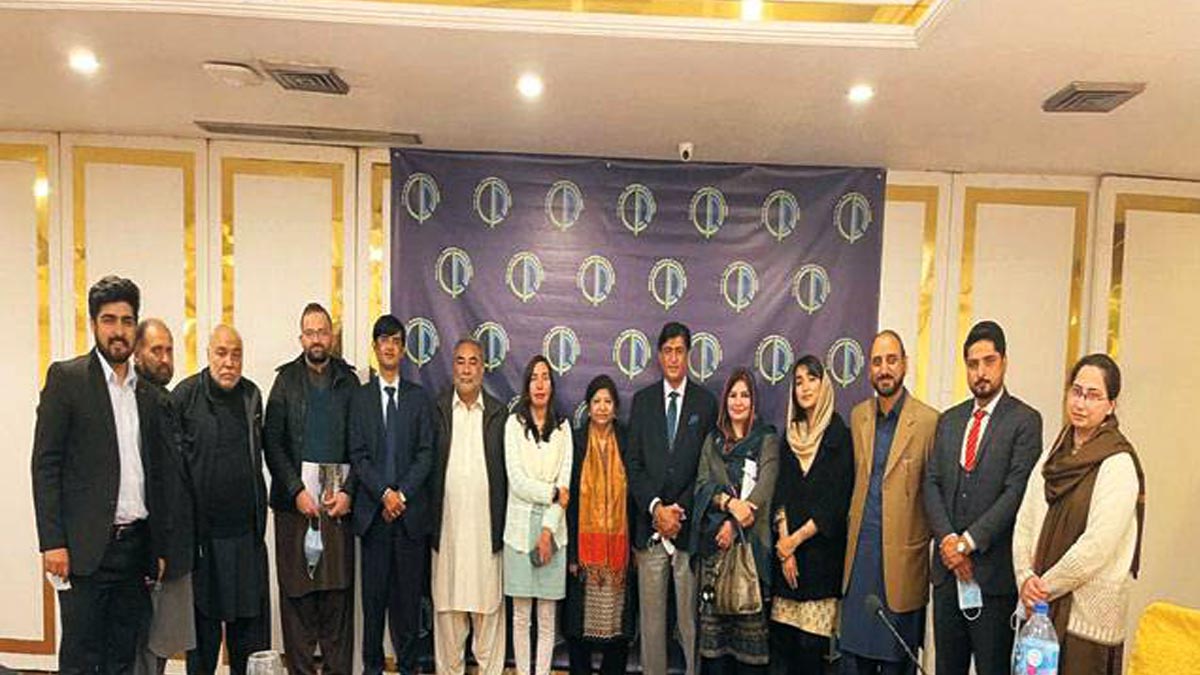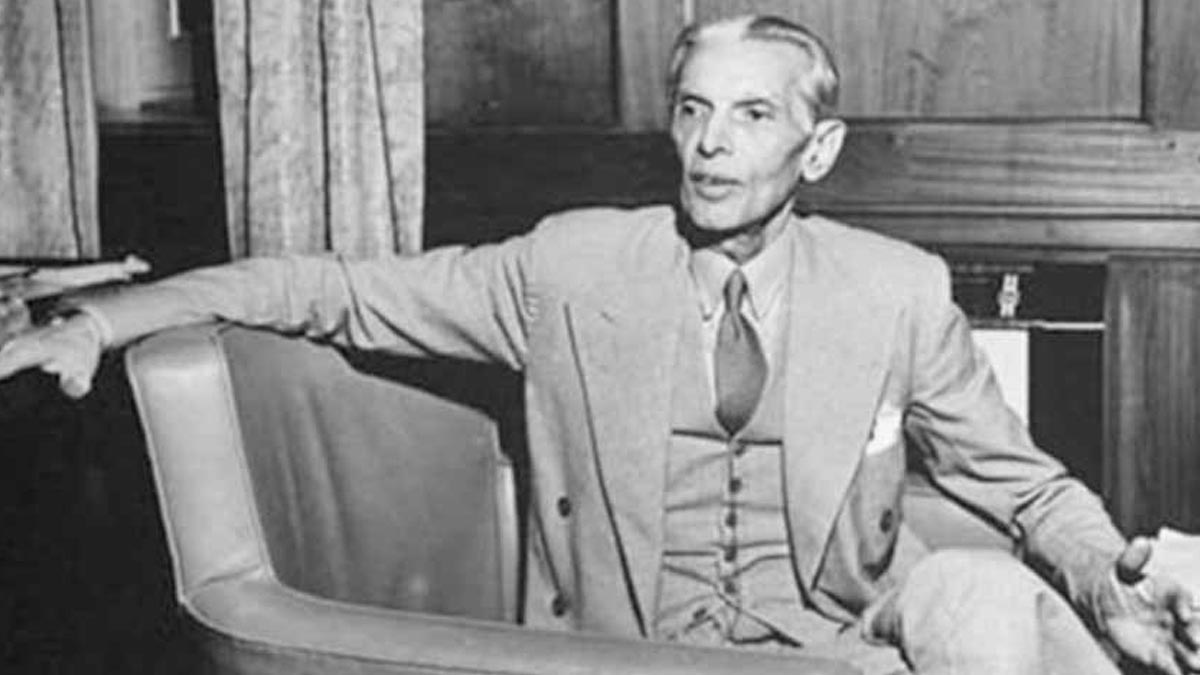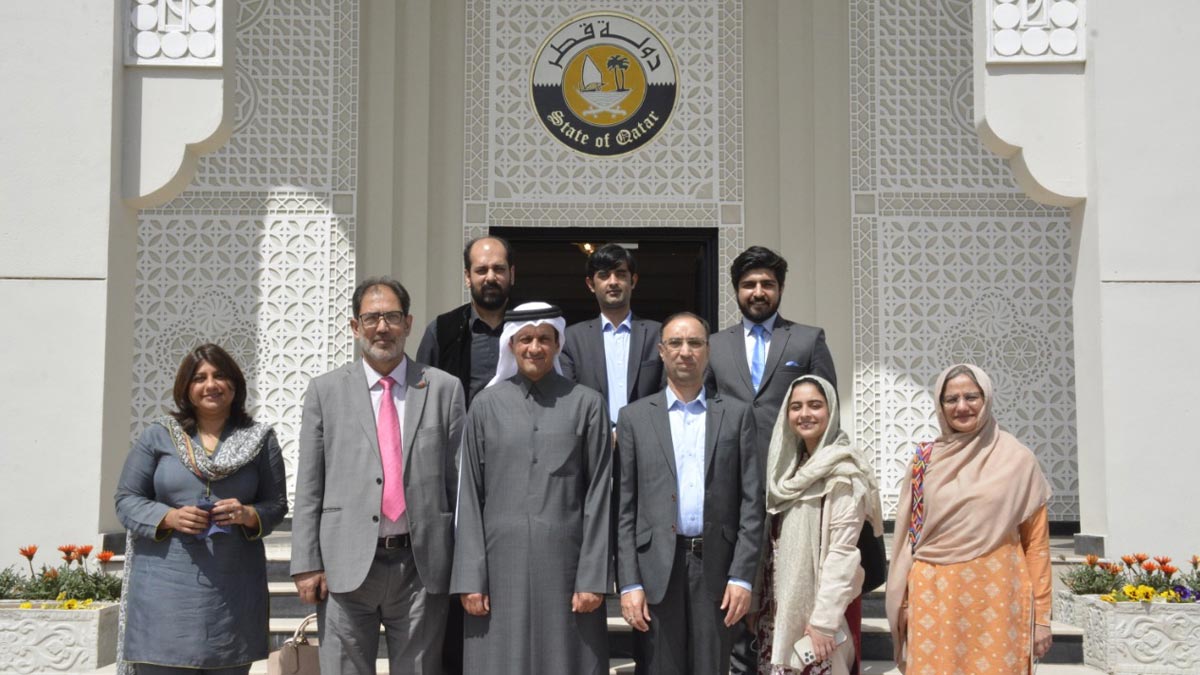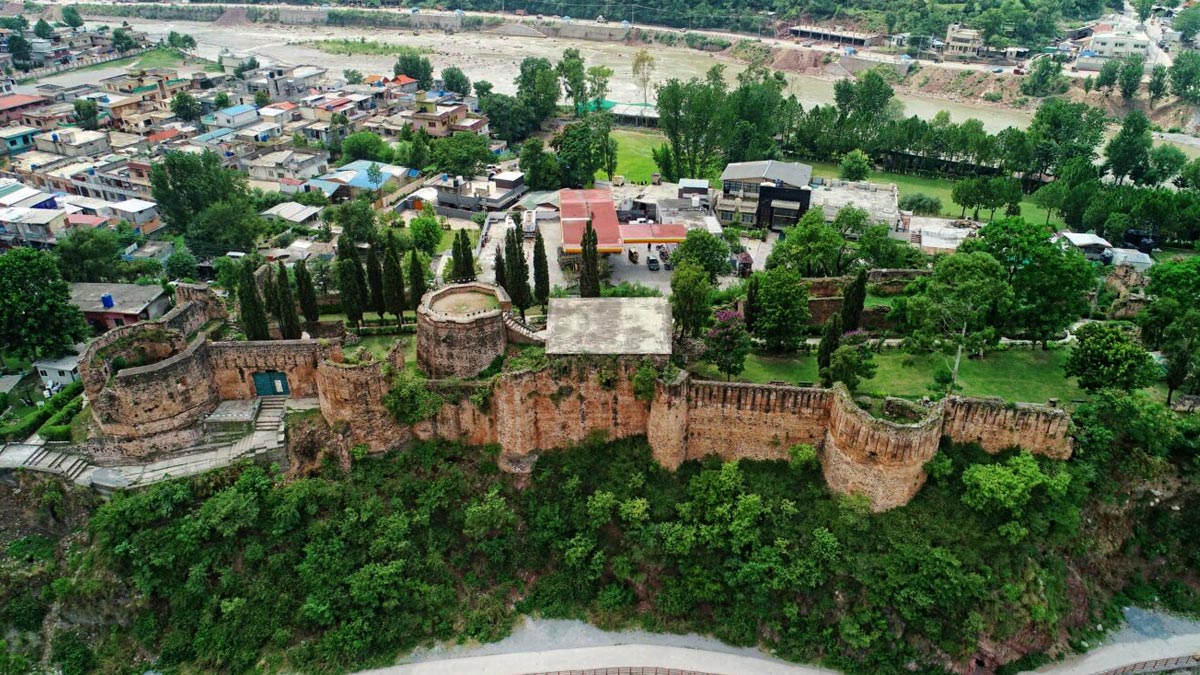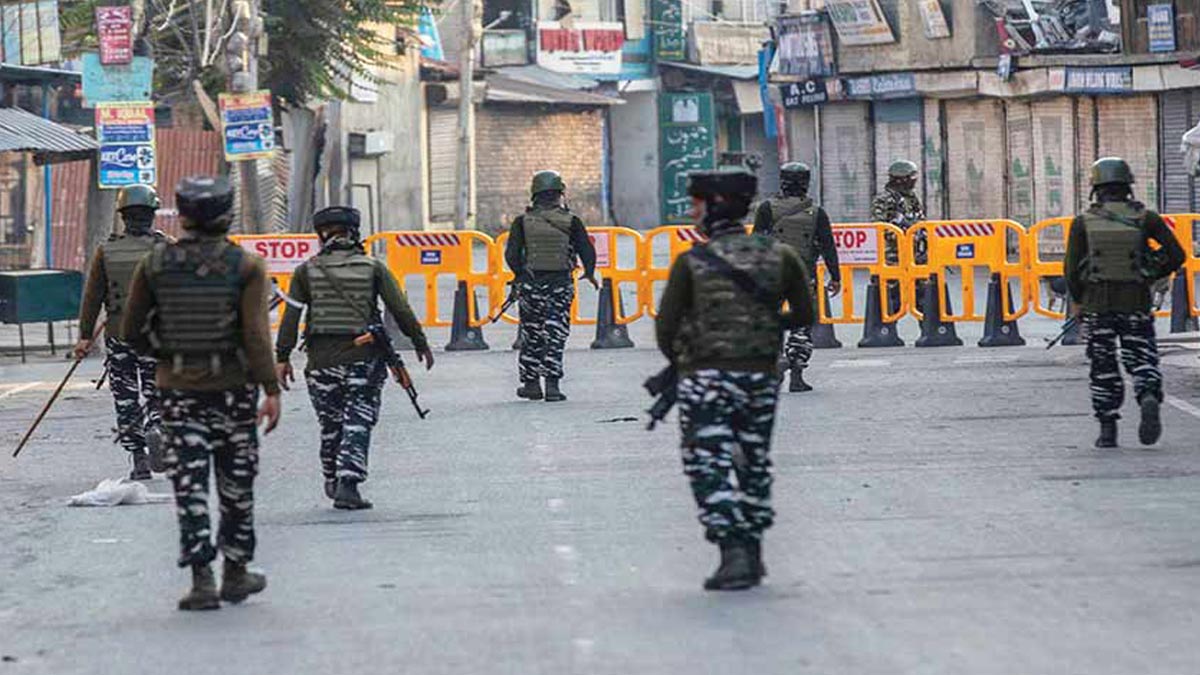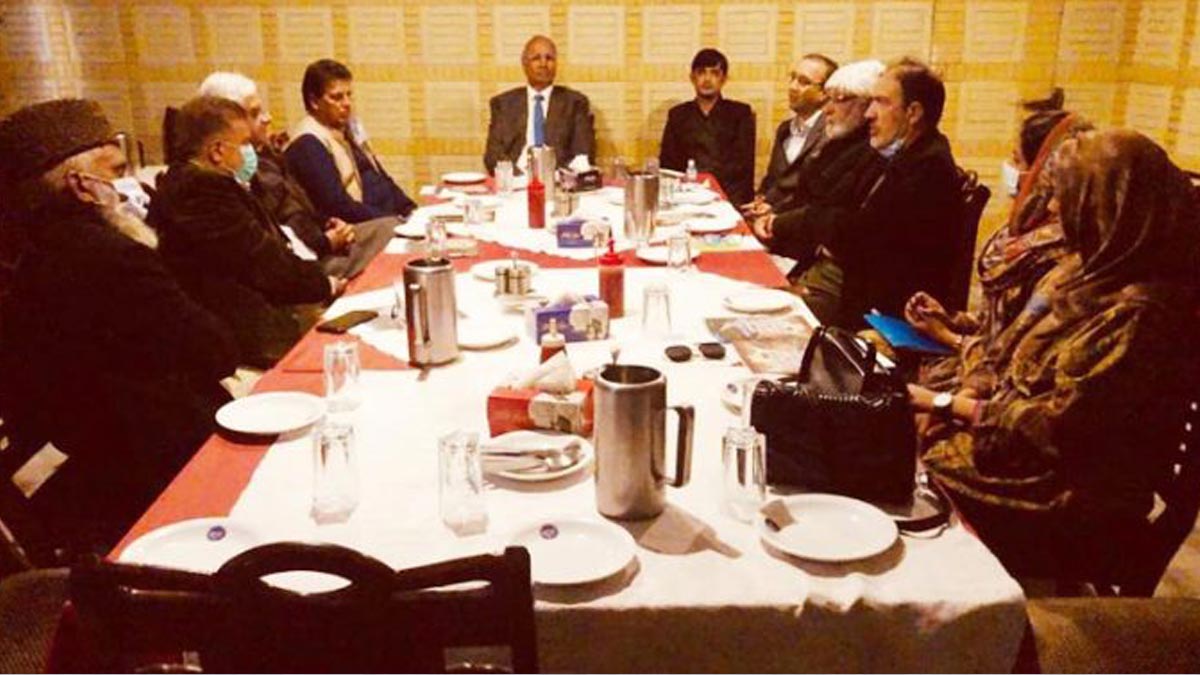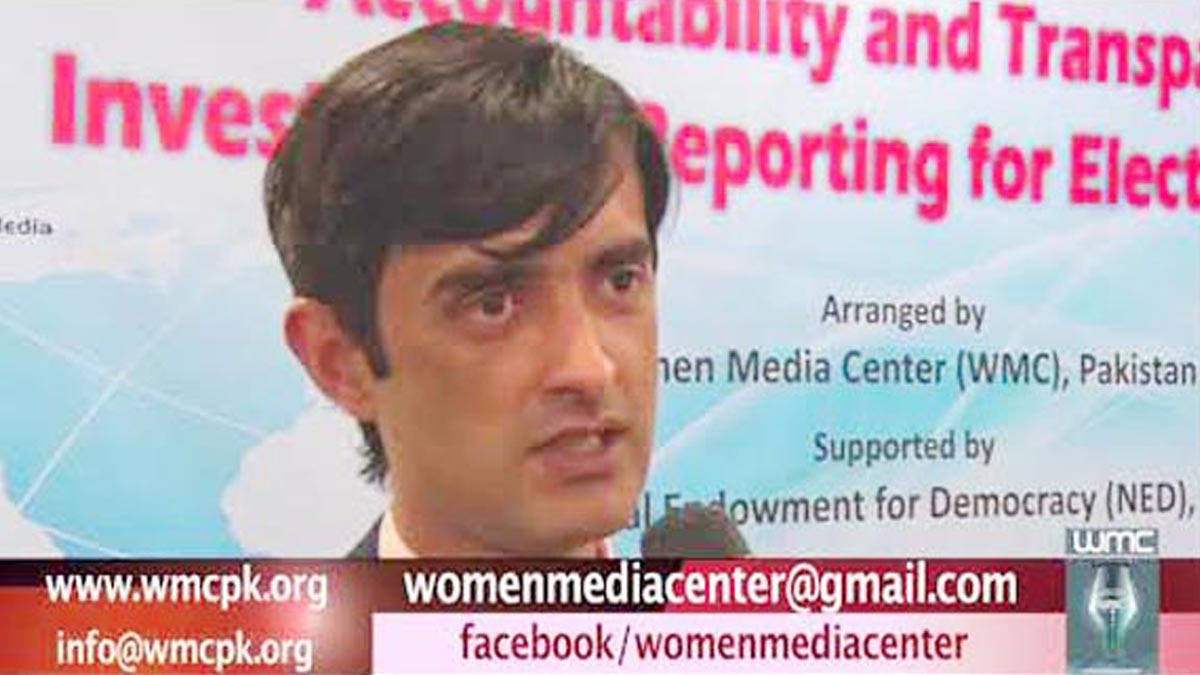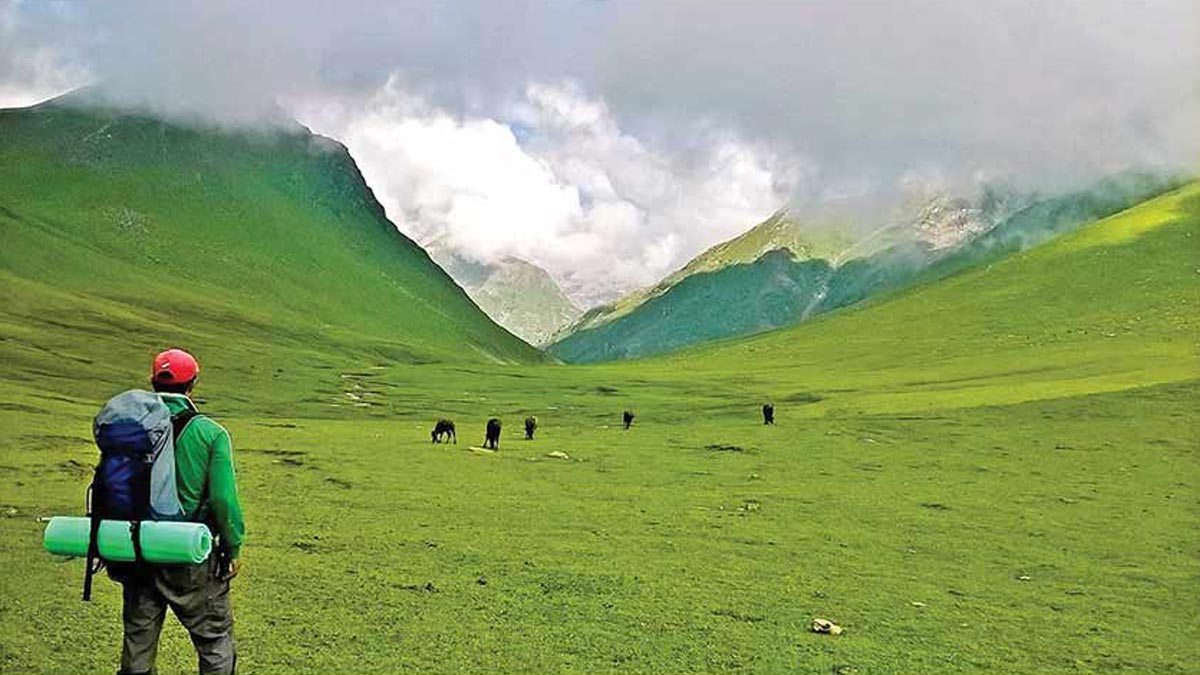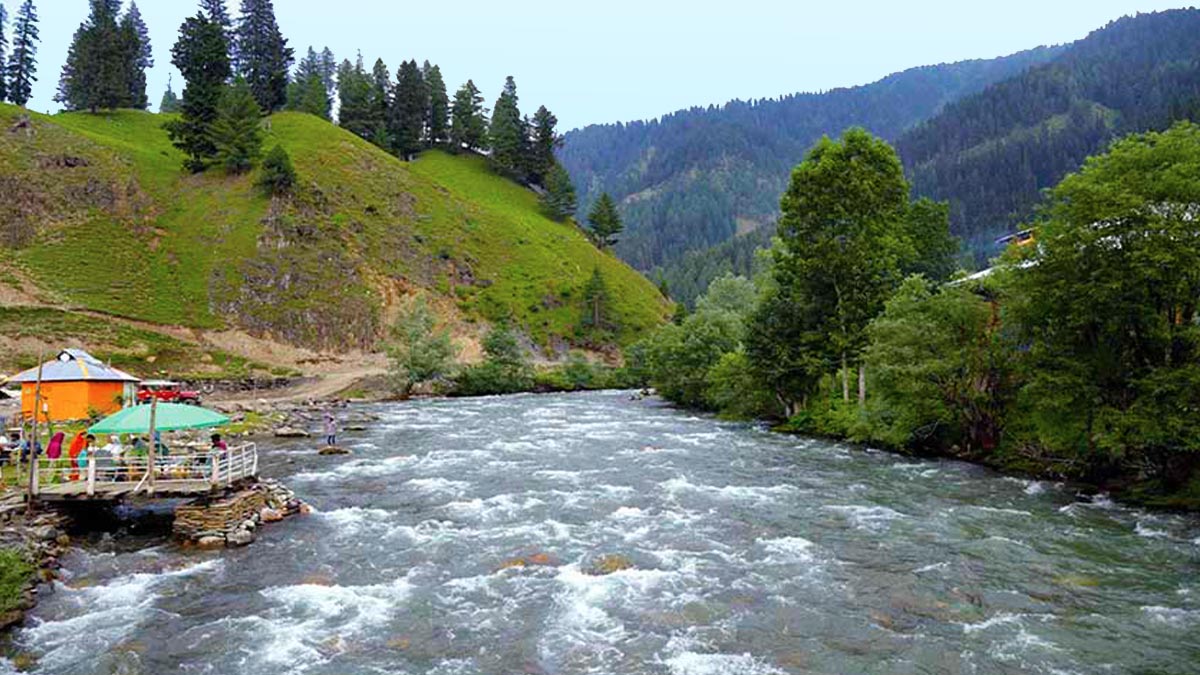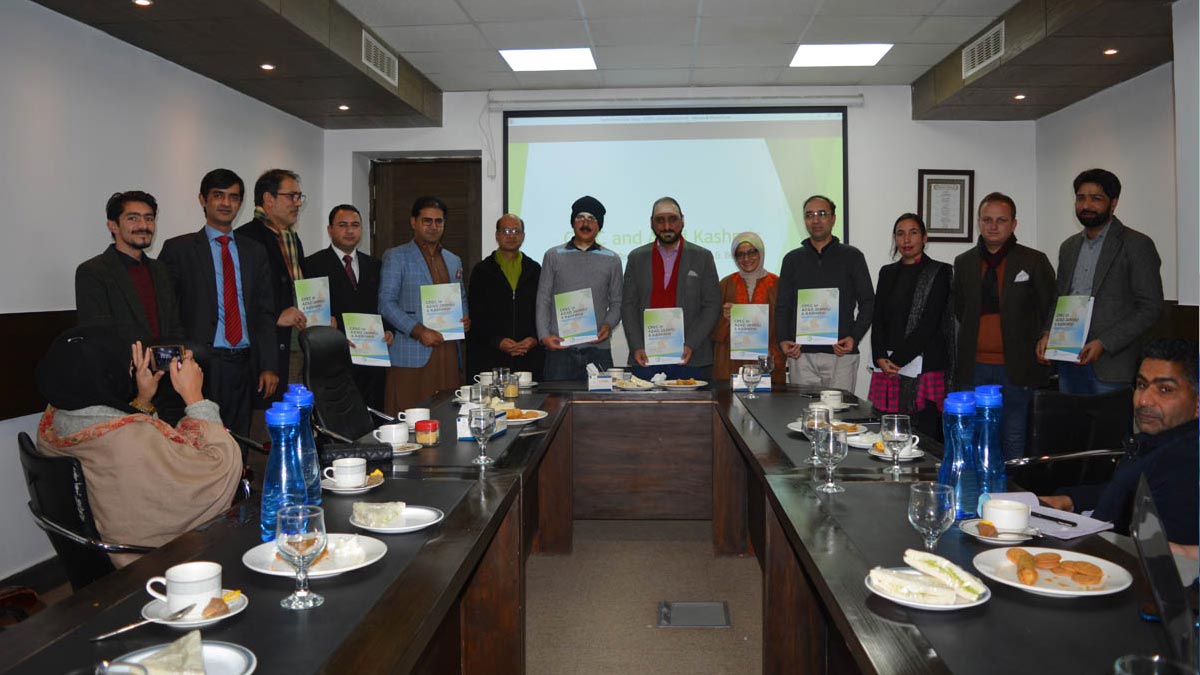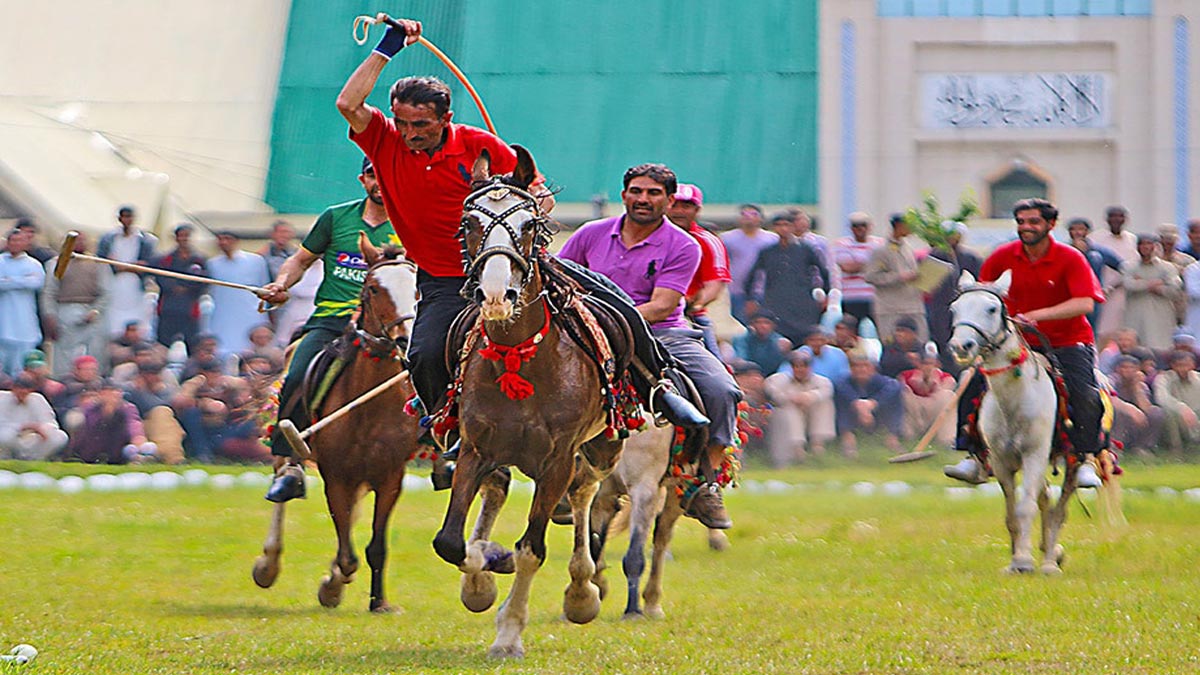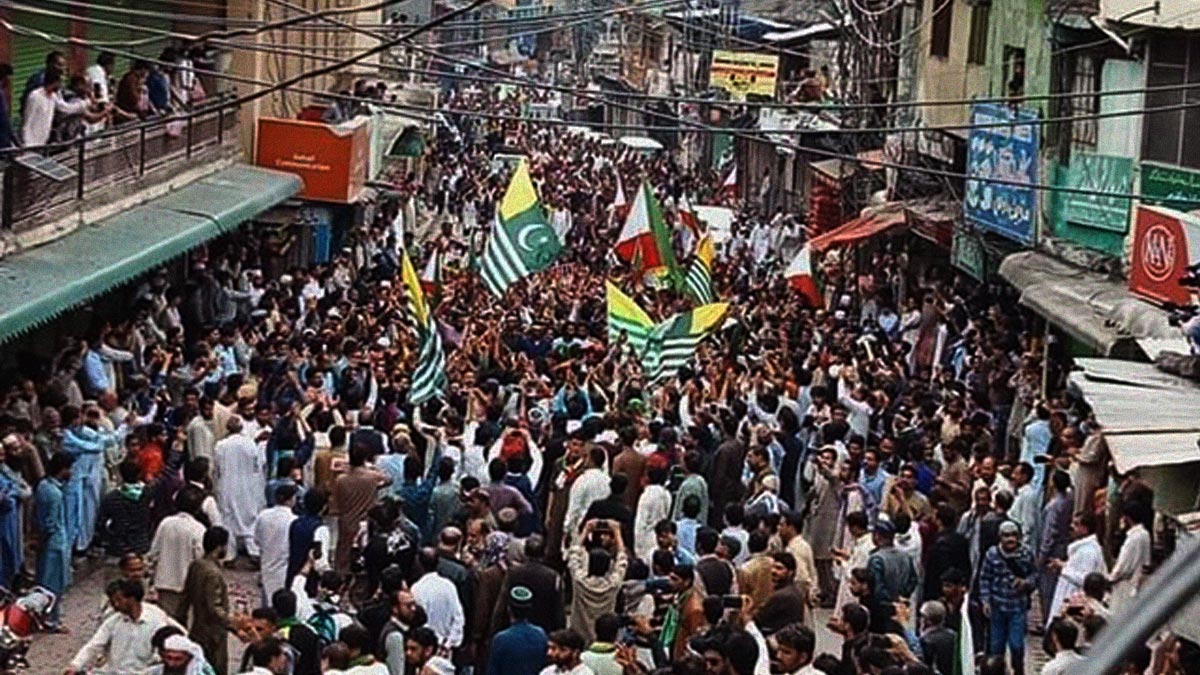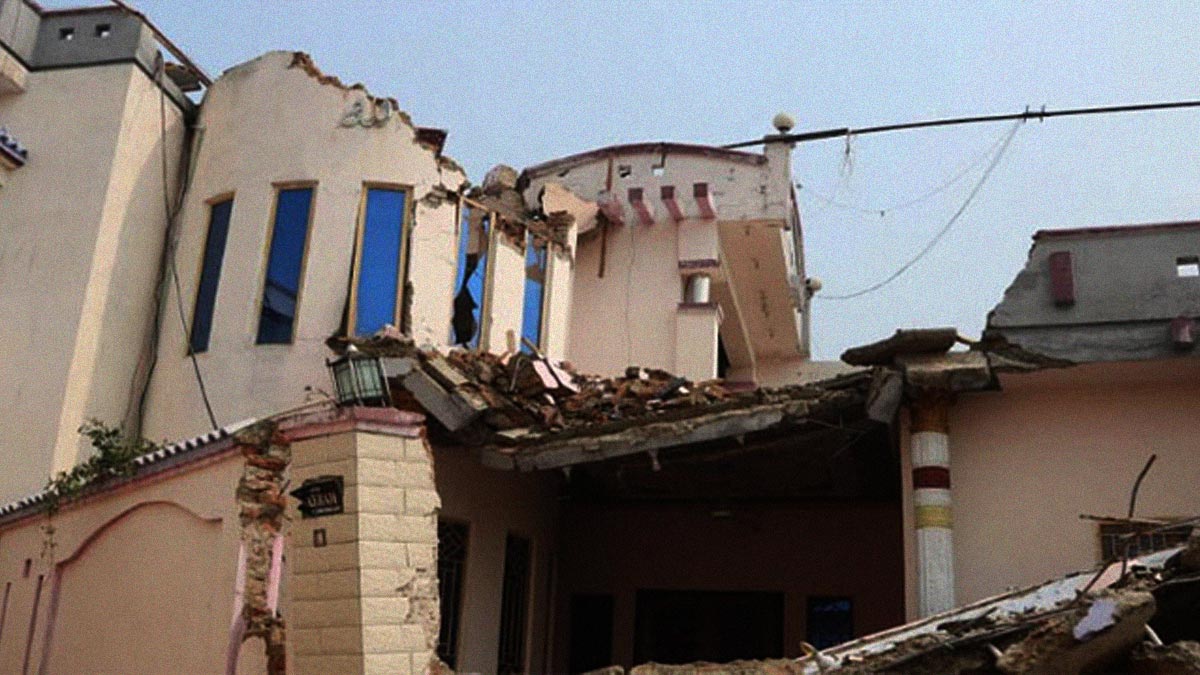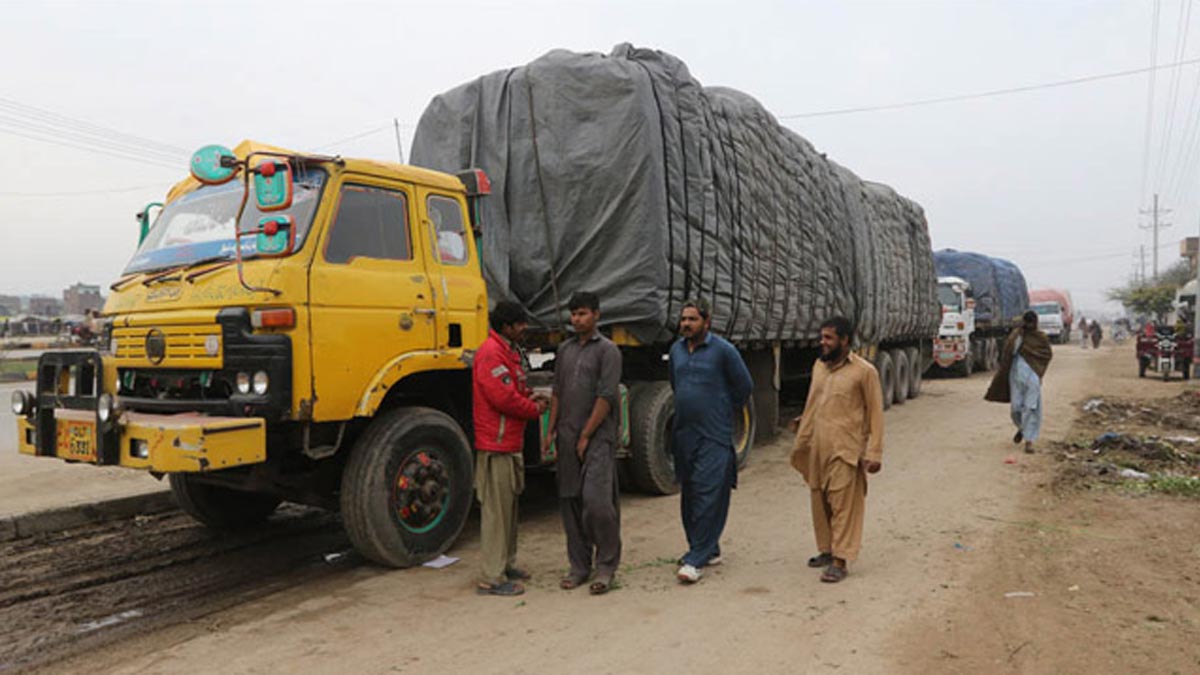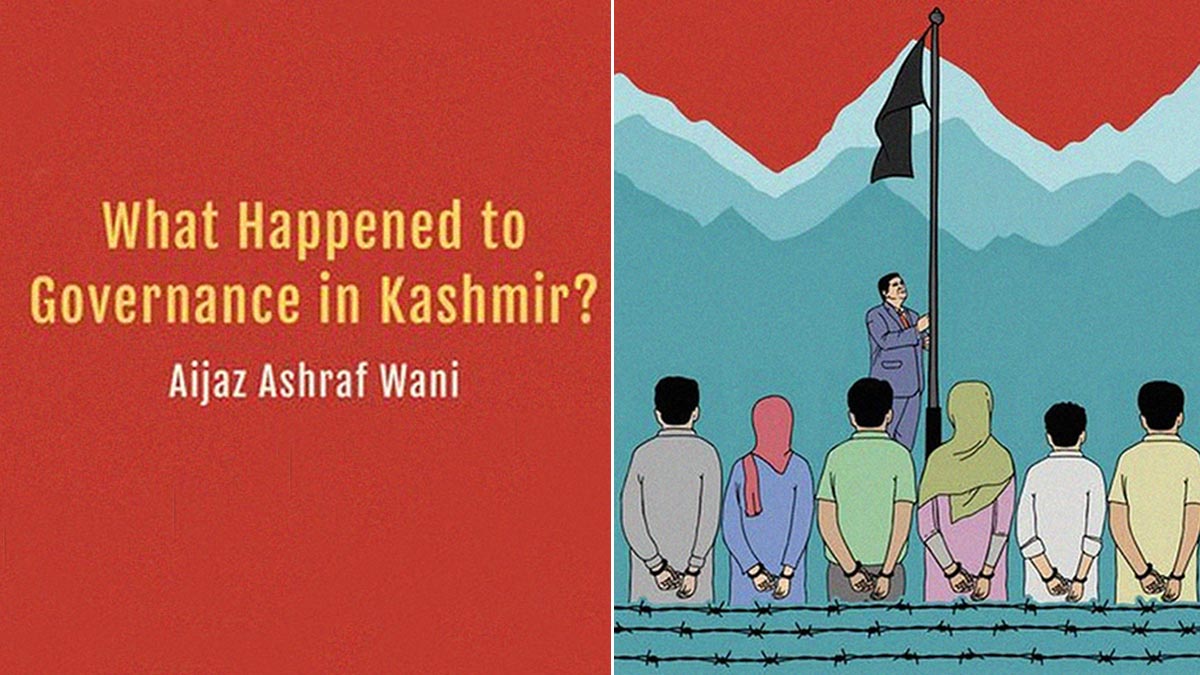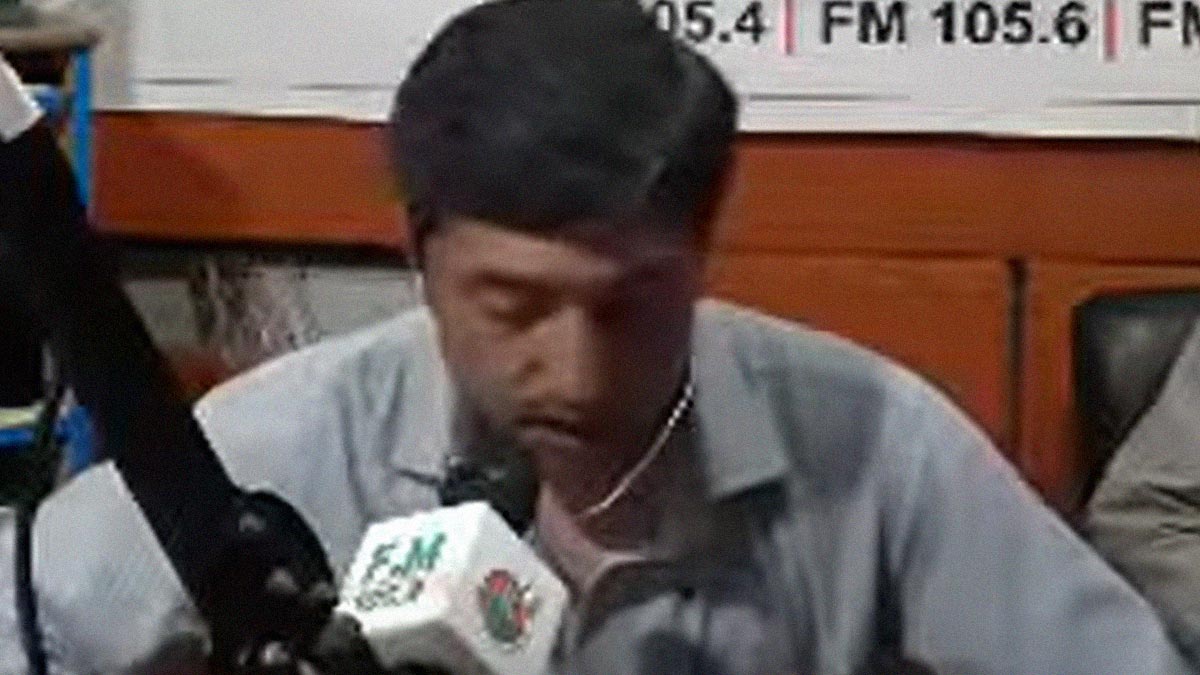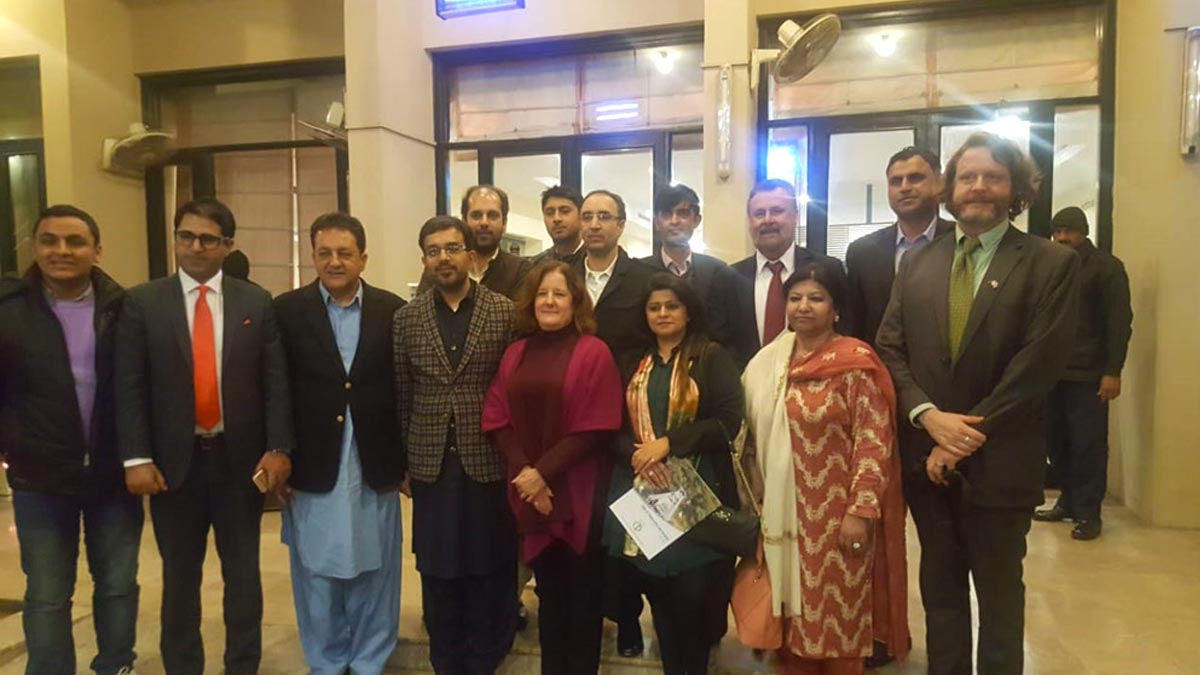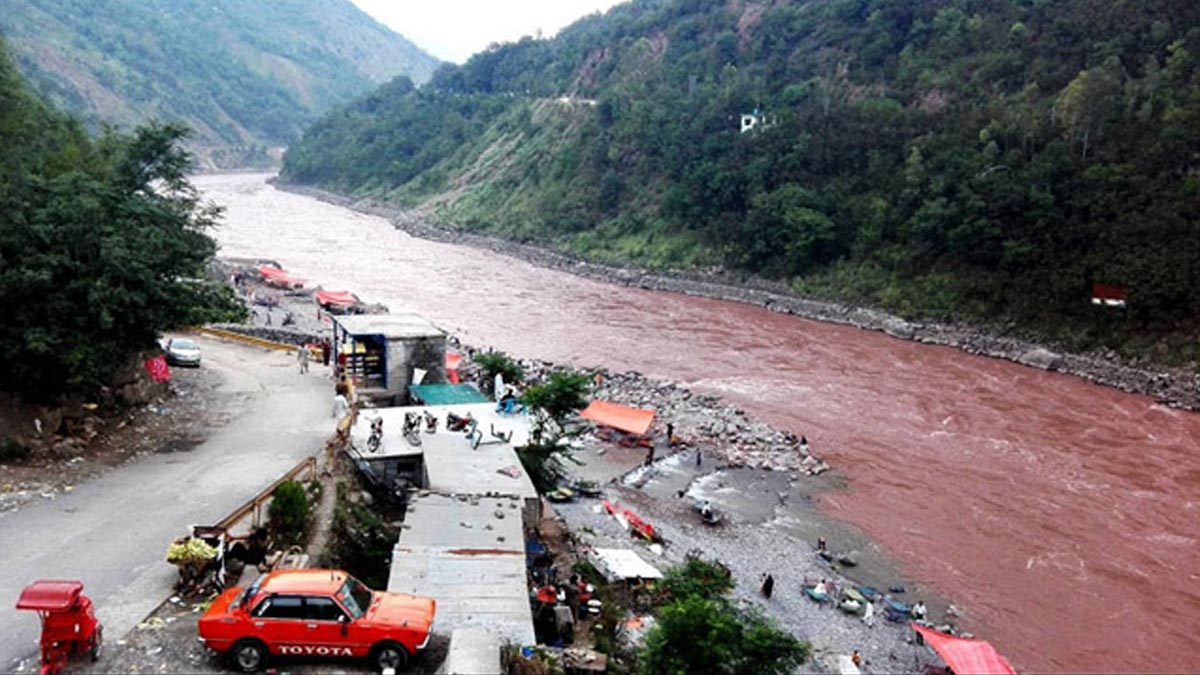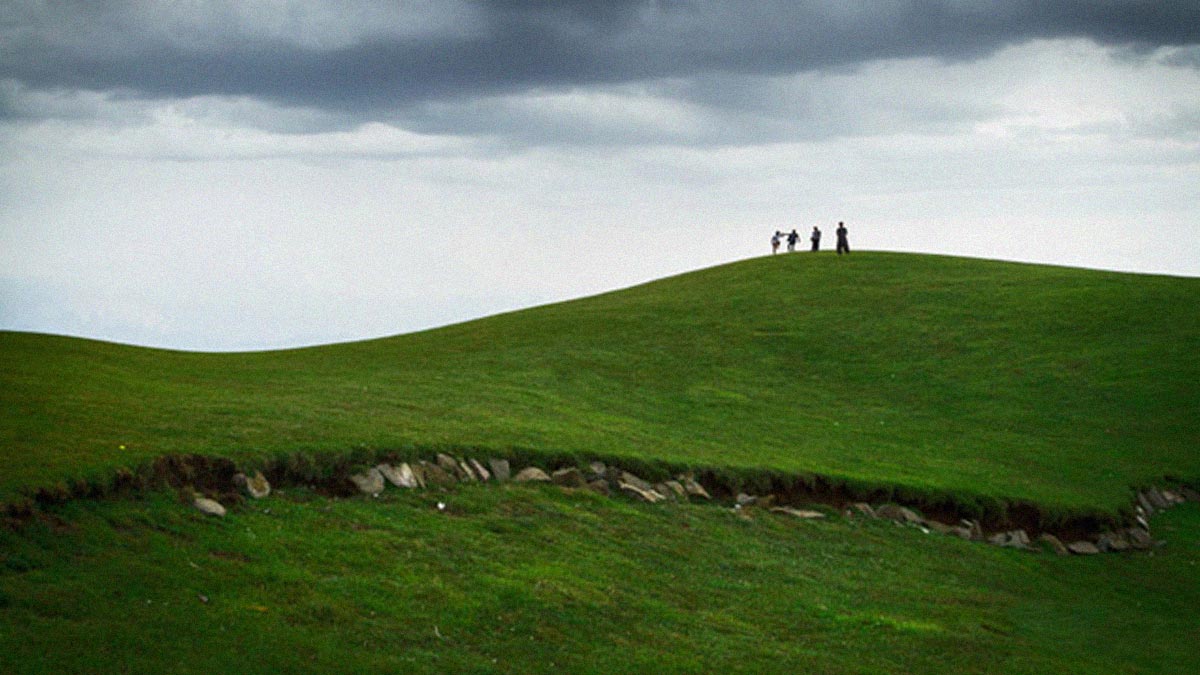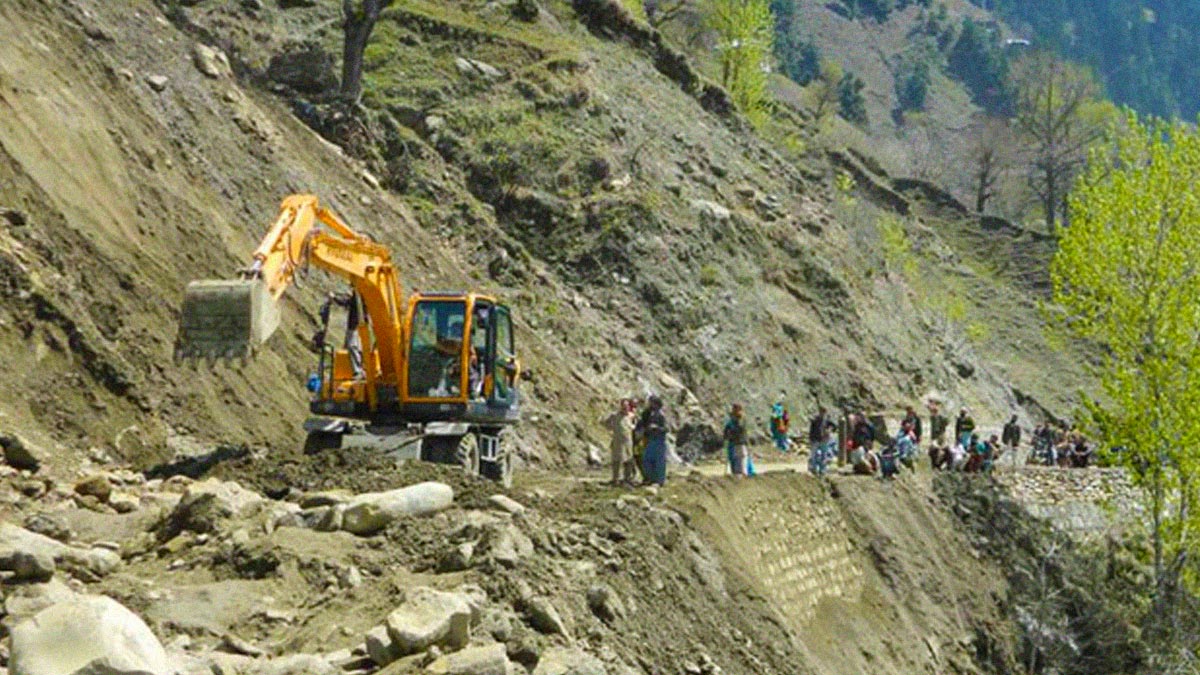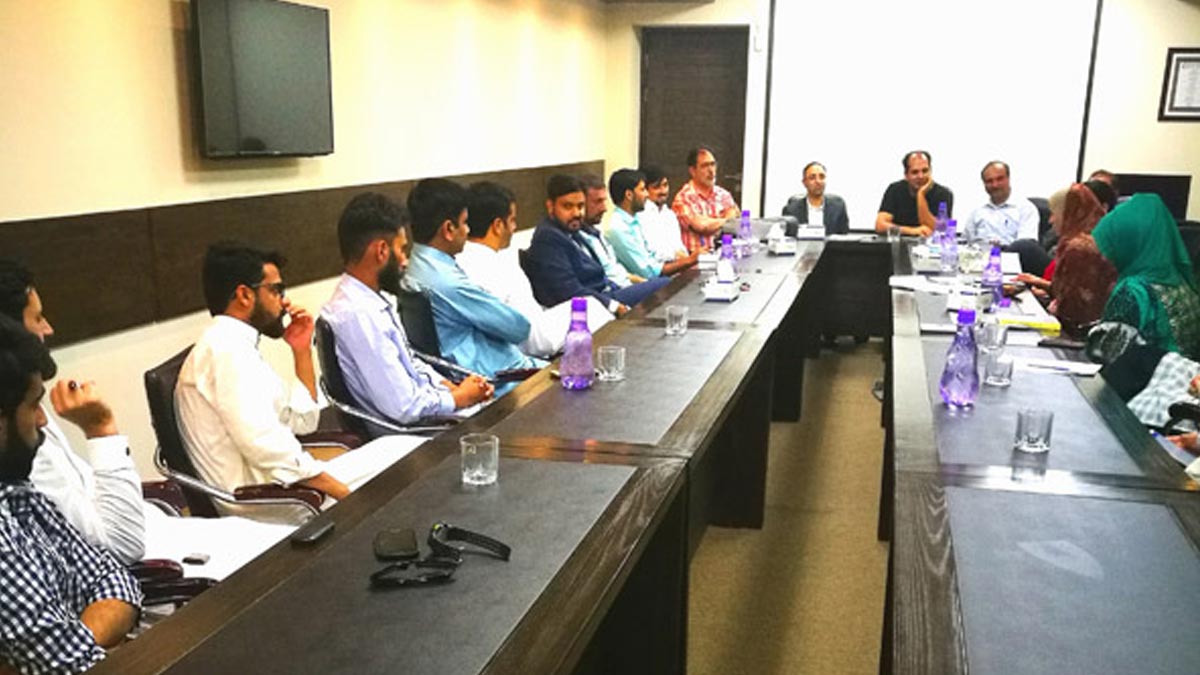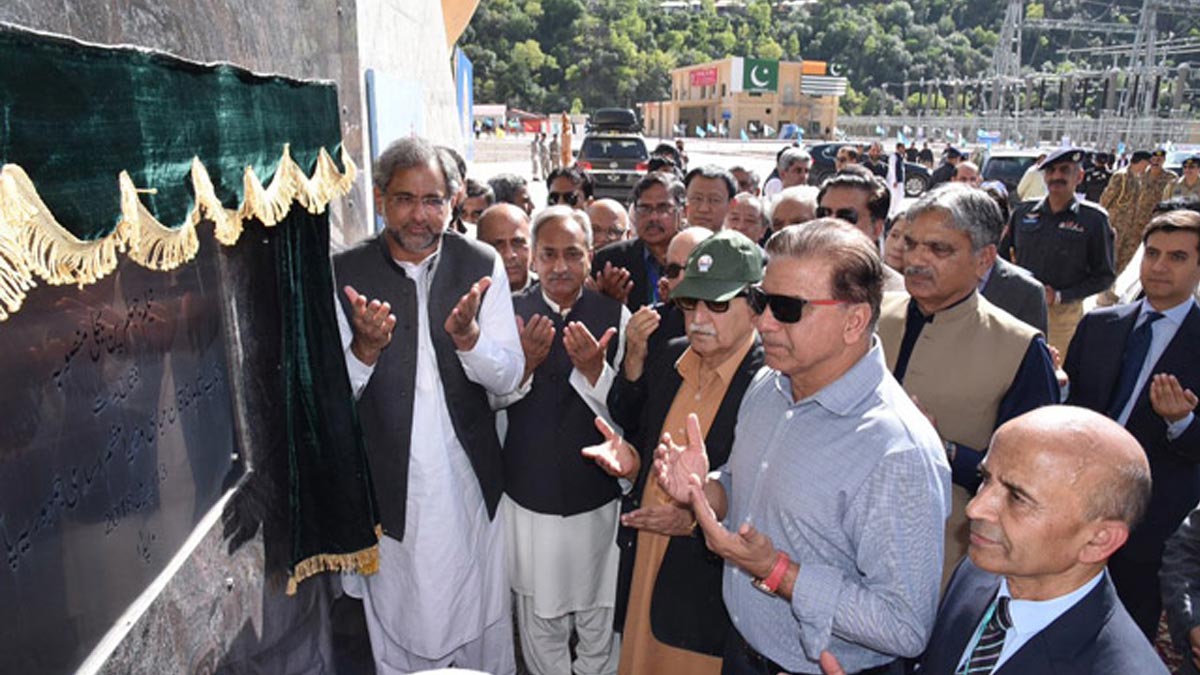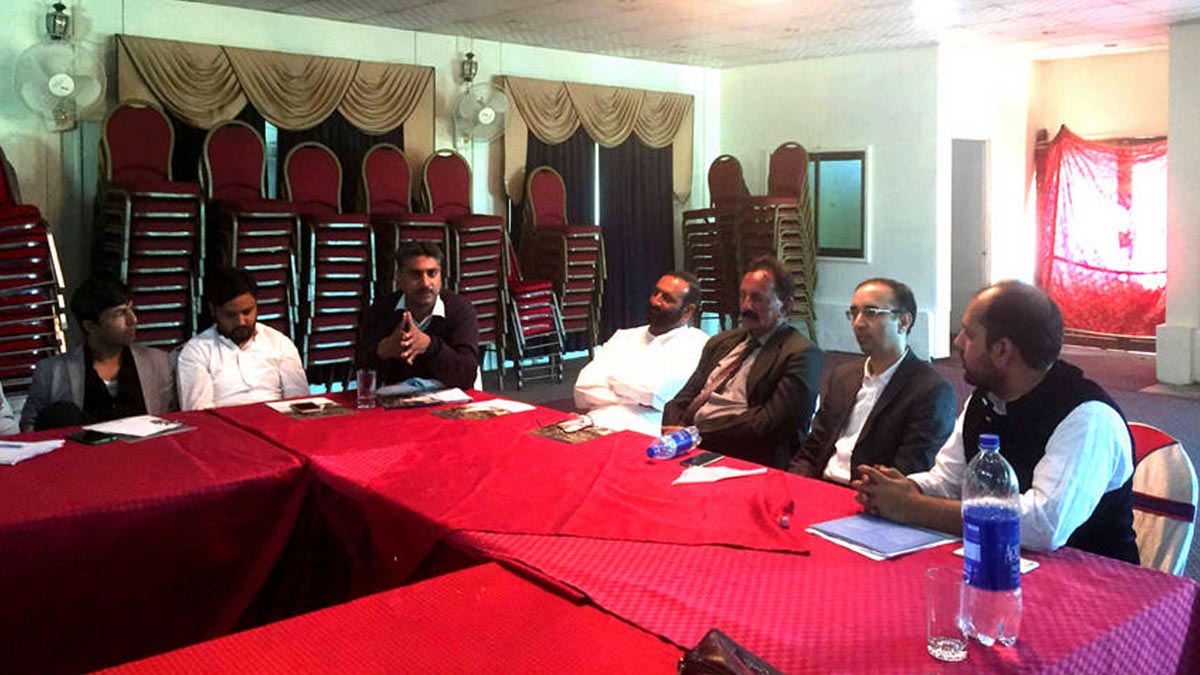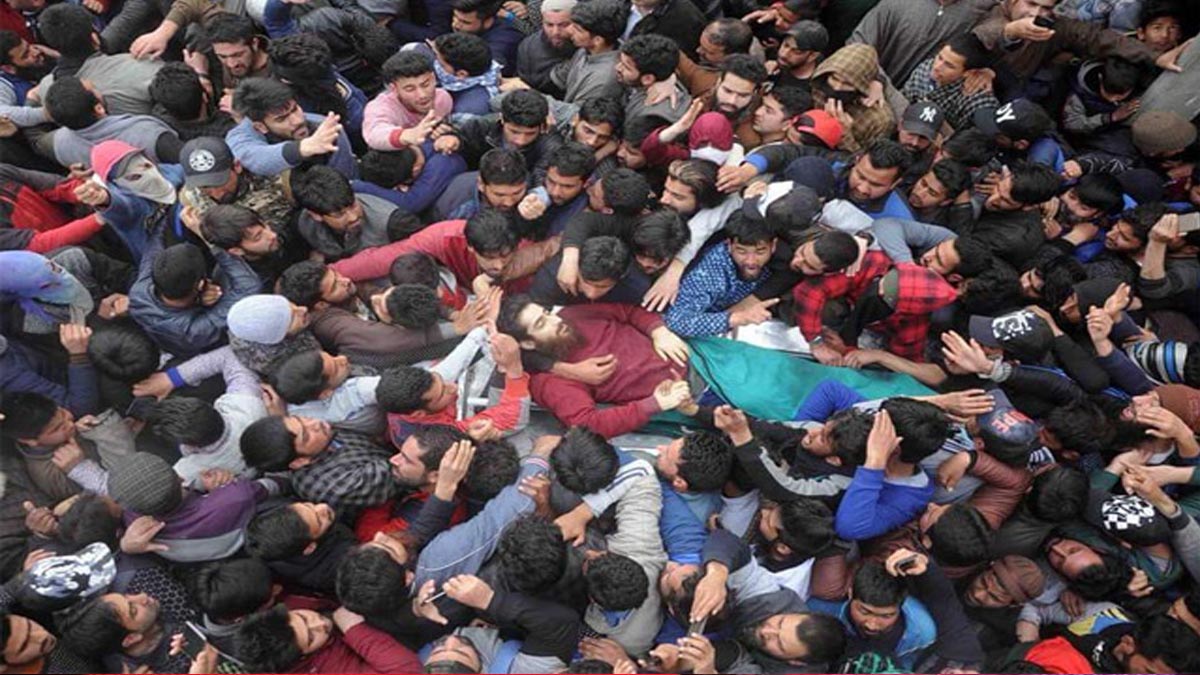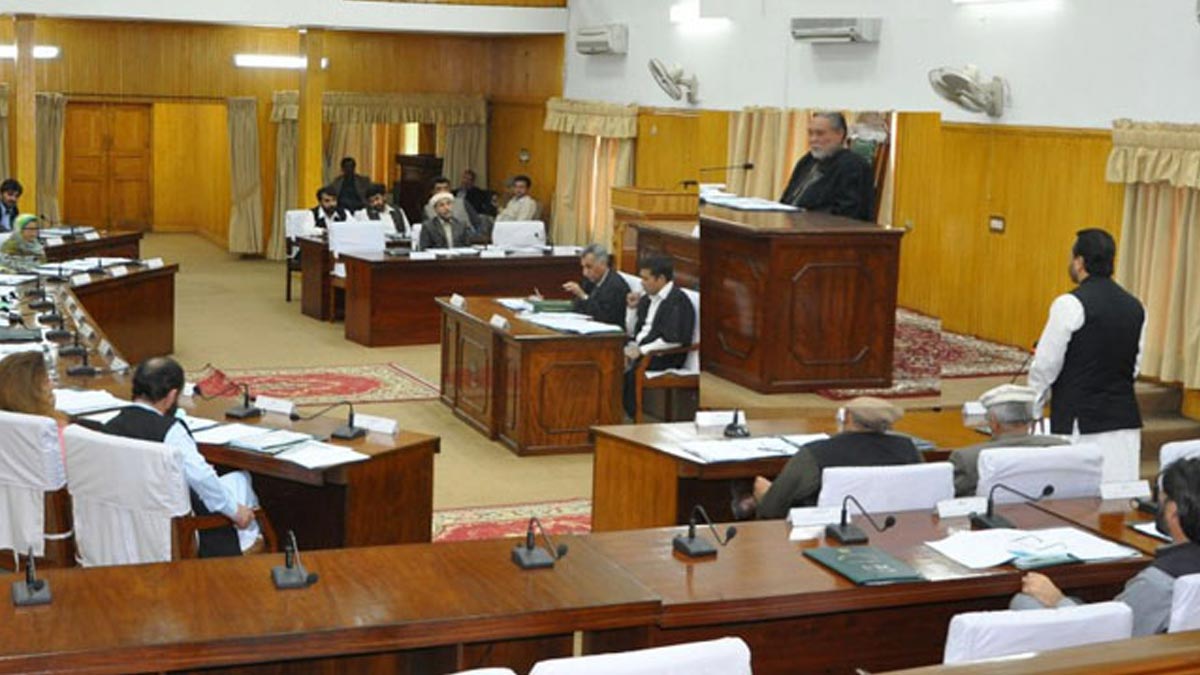- June 16, 2020
- @admin
- 0
- 16th June 2020
- Ershad Mahmud
Two years ago, a high profile Srinagar-based journalist Shujaat Bukhari was gunned down in highly mysterious circumstances. His friends and foes both are still clueless who exactly was behind this gruesome incident as police investigation to that also proved hardly any helpful.
His exceptional contribution to journalism, civil society and peaceful resolution of the Kashmir conflict, however, requires no such probing as he remains a class apart from all accounts.
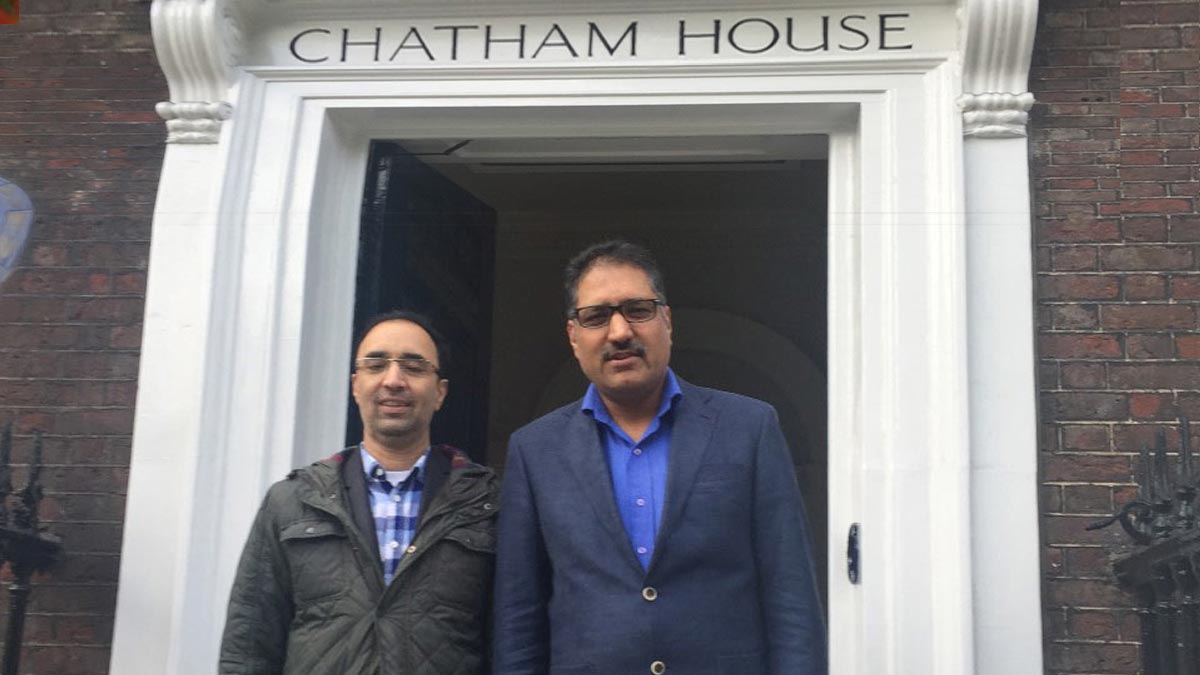
In June 2000, during a visit to Srinagar, I got a chance to interact with Shujaat for the first time. I found him a moderate person who, instead of living in the past, was desperately craving for a better future for Kashmir and the rest of the region. He used to say that we should learn from history but it should not be used as a tool to divide the people and breed hatred among the communities and countries.
As time went by, we started interacting more frequently. In 2005, the South Asian Free Media Association (SAFMA) brought a delegation of Indian journalists to Pakistan, including Shujaat. Luckily, they also travelled to Muzaffarabad and Gilgit besides Lahore.
The dynamics of Kashmir and India-Pakistan relations were rapidly changing at that time due to Four-point formula presented by Pervez Musharraf’s to resolve the Kashmir issue. The encouraging response of India to that was pleasantly surprising to many Kashmir situation watchers, including him.
The four-point formula soon triggered an intensive debate across the region. For the first time in the history of India and Pakistan, the political and military leadership of both sides started thinking in collaboration with each other to reset the bilateral relationship without an intention of defeating each other.
Moving from confrontation to cooperation was a buzz word those days. Consequently, Shujaat became very optimistic about the future of the region and a shared destiny.
He hoped that the people of Kashmir would be allowed to share the prosperity of the rising regional economies, and the ancient trade and travel routes would be restored which connect Kashmir to the Central Asian states and the Middle East through the shortest route running through Pakistan.
Therefore, he used to frequently write and speak about the significance of the cross-LoC dialogue, building civic networks, linkages and trade even at the cost of addressing a boring audience.
Many Kashmiris, like Shujaat Bukhari, lent all-out support to Musharraf and Atal Behari Vajpayee for agreeing to find out a win-win solution to the decades-old Kashmir conflict.
The 2004-07 peace process multiplied the opportunities for dialogue and interaction across the Line of Control. Several non-governmental organizations invited delegates from Azad Jammu and Kashmir to visit Srinagar, Jammu and New Delhi.
Likewise, some of the universities and think tanks arranged seminars in Islamabad and Muzaffarabad. Unlike many participants, Shujaat fearlessly put forward fresh ideas on such occasions and earned huge appreciation from the audience. Gradually, he turned out to be one of the most sought-after speakers from Jammu and Kashmir.
During the 18-year long-friendship, I saw him empathizing with and crying over the plight of Kashmiris. He was not a traditional India basher and never minced his words while criticizing New Delhi’s truculent approach over Kashmir and its stained record of human rights violations. He also remained quite critical about Islamabad’s inconsistent policies over Kashmir.
He had a firm belief that the Kashmir conflict could not be settled through the use of blatant force. Wherever he went, he emphasized that without addressing the genuine aspirations of the people of Kashmir; stability cannot be ensured in the region.
During conversations, he often underlined the need to widen the dialogue table to ensure that all shades of opinion, including non-state actors, are duly heard and represented. Through a Washington-based think tank, he tried hard to persuade the US policy-makers to re-engage the dissidents in the dialogue process.
He had also warned clearly that Kashmiri youth would react violently if the issue not resolved peacefully and, as a consequent of that, right-wing extremist forces would hijack them easily. He kept on warning it all in Srinagar, Jammu, New Delhi, Islamabad, London, and even in Washington D.C.
Time has proven him right as the entire Kashmir Valley observed nearly six-month-long shutdown after Burhan Muzaffar Wani’s killing in July 2016. Kashmir has been turned into a killing field nowadays. A new generation of indigenous militants is pitching a fight despite apprehending its tragic end. As a result, Kashmir is today considered more dangerous than ever.
Bukhari’s vision had started making inroads into the mainstream thinking in Kashmir when a smeared social media campaign was launched to discredit him. The online trolls criticized him for their vested interests.
Some had an objection on his courageous stand on the violation of human rights, supporting civic activism and advancing the cause of political engagement with all the stakeholders while a few others considered him anti-national.
He used to say that the young generation of Kashmir was facing the brunt of tyranny and leading a traumatized life. Consequently, suspicion and doubt have become part of the body politics of Kashmir.
A large number of youngsters and right-wing groups have become intolerant to opposite ideologies and want people to see the world through their preferred viewpoint. As a result, the middle ground for politics has shrunk badly.
Shujaat’s voice has been silenced but his ideas and vision are still alive and thriving. More and more people are now supporting the resumption of dialogue between India and Pakistan, peaceful settlement of the dispute and the ideas of Kashmiri representatives’ inclusion in the process.
The young generation of the Kashmiri journalists is bolder and comparatively more fearless than their predecessors, facing challenges courageously despite all odds.
Media Links:
Rising Kashmir | Click Here
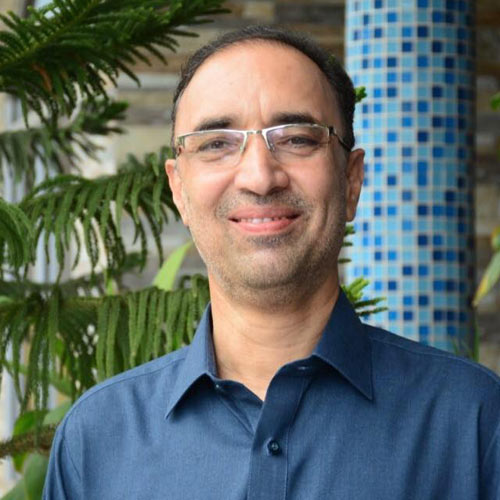
Ershad Mahmud
The writer is a freelance contributor. He can be reached at:









